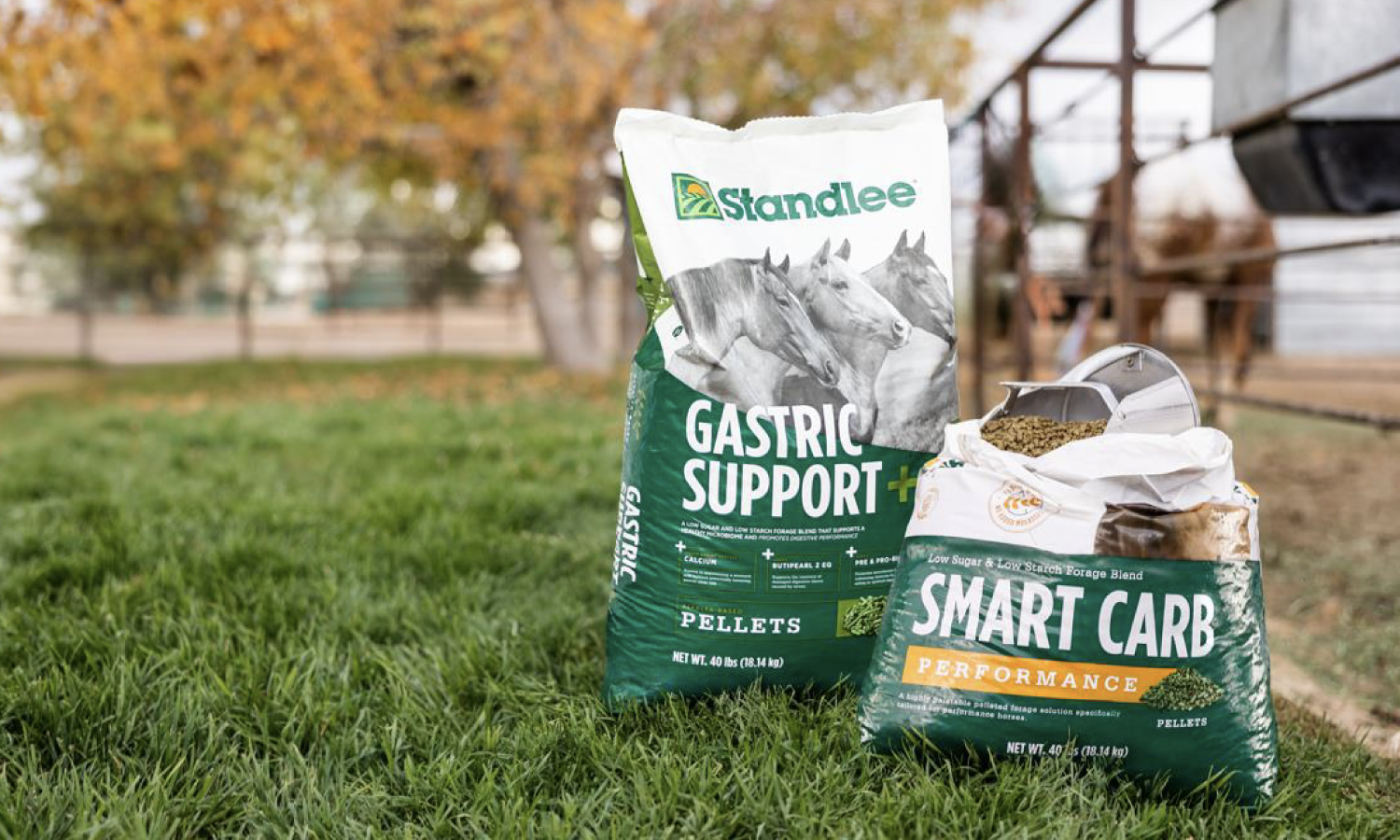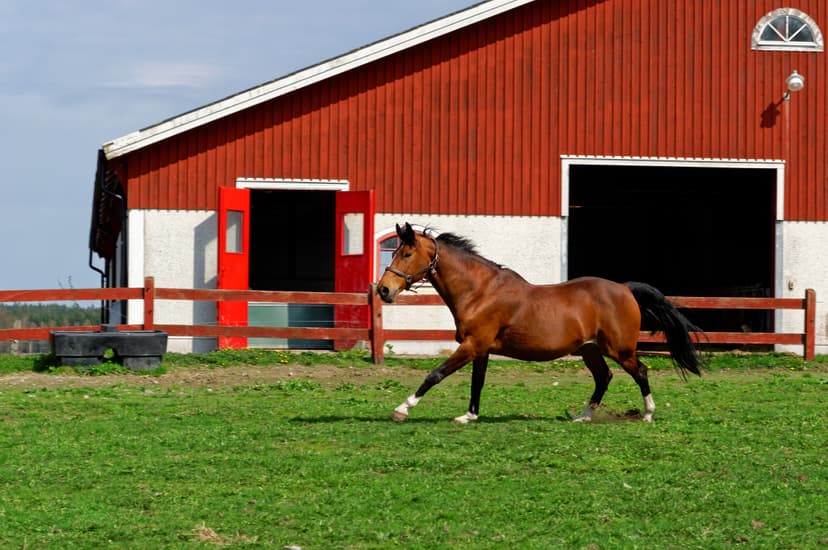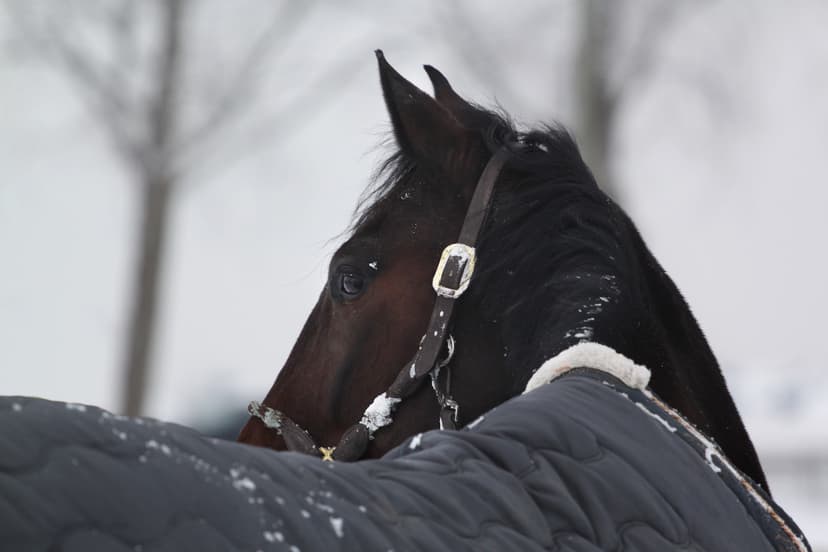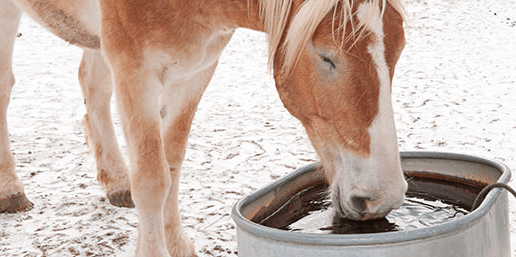Support Your Performance Horse with Standlee’s Forage Plus Gastric Support and Smart Carb Performance
Success demands peak performance from your horse, and nutrition plays a pivotal role in achieving that goal. With the physical and mental demands of training and competition, maintaining optimal gut health is essential. Standlee’s Gastric Support and Smart Carb™ ...
What to Consider When Choosing Forage?
Forage is the single most important ingredient in a horse’s diet, even compared to grains and supplements. We’ll help you understand which factors are important when evaluating forage for your horse.
Protect Your Horse This Summer
After just a mile of riding, your horse creates enough warmth to boil 2 whole gallons of water. While a horse’s body can usually regulate their temperature, the hot summer months make this more difficult. High temperatures, high humidity, lack of air movement, poor ventilation, and dehydration al...
Winter Weather Tips for Your Horse
Horses do not like ice in their water. During winter, many owners notice their horses becoming dehydrated, despite the fact that they've provided their four-legged friends all the H20 they can drink. When a horse drinks cold water, it causes their bodies to become colder. This means they have to ...
Winter Tips for Taking Care of Your Horse
Imagine living in a field of grilled cheese sandwiches and milkshakes. That's literally what the summer months are like for your horse. It's easy to forget how much pasture grass can play a role in your horse's diet until the snow starts to fall. As winter sets in and the pasture grass starts to ...
















